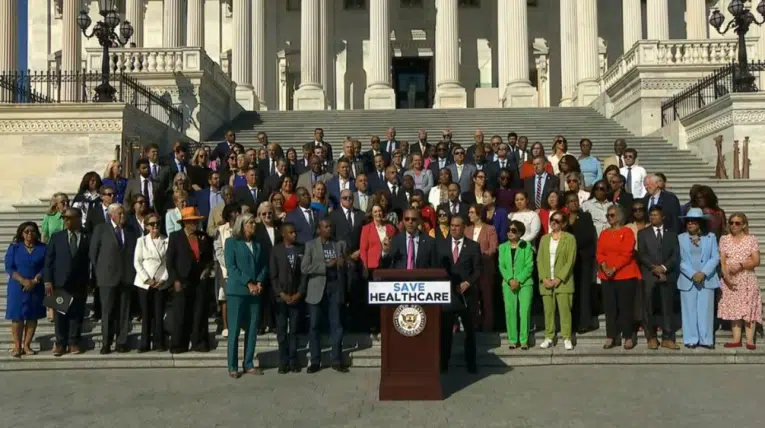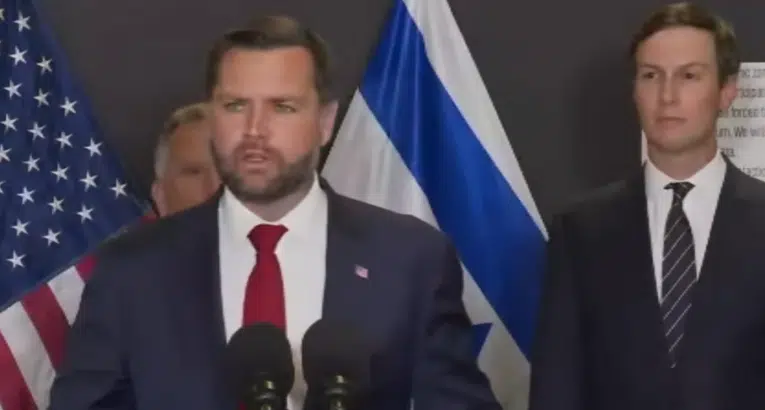By Kevin Mooney — By refusing to set up a health care insurance exchange system that could be used to advance ObamaCare regulations, Gov. Bobby Jindal has cut a path that other state officials should follow, argue analysts with the Cato Institute. However, other leading figures within Gov. Jindal’s own Republican Party remain divided on this question.
Governors Rick Scott (R-Fla.), Scott Parnell (R-Alaska), Susana Martinez (R-N.M.) and Rick Perry (R-Texas) have all expressed opposition to an exchange system in their states. But Gov. CL “Butch” Otter of Idaho, Rep. Bill Cassidy (R-La.), and other GOP officials, disagree. They view the exchange system as a viable tool for advancing patient-centered, market-friendly health care reforms that can lower costs and expand consumer choice.
Earlier this month, the U.S. Department of Health and Human Services (HHS) released a set of proposed rules that “set minimum standards” for the exchanges. But the suggested guidelines are so incomplete and uncertain that states cannot make an informed decision on whether they should participate, said Bruce Greenstein, Louisiana’s secretary for the Department of Health and Hospitals (DHH). Greenstein supports Gov. Jindal in his decision to remain outside of the exchange system.
“This is very good policy on the part of Gov. Jindal for today, and tomorrow it will be seen by the rest of the market as very forward thinking, and very savvy in terms of the way we move forward and protect the market of health insurance in Louisiana; we need to be able to access high quality insurance products at a good cost,” Greenstein said. “We continue to be very prudent in our approach.”
However, Cassidy, who is a medical doctor and a vocal opponent of the federal health care law, said in an interview that it may be advantageous for states to put their own “imprimatur” on a health care exchange before federal officials advance new regulations. He cited the Utah system, which is already up and running, as a model for what might work in Louisiana and other states.
“The governor might know something that I don’t,” Cassidy said. “But I think it’s possible to set up a free market exchange system that benefits consumers; that’s the impression I get from our own private insurance agents [in Louisiana] and I think this is a model that can work. There is a robust discussion about exchanges among conservatives going on now. What I see out of Utah has been successful.”
Mike Leavitt, the former Republican governor of Utah, recently told the Republican Governors Association (RGA) that states would only further empower federal officials if they avoid setting up exchanges. Leavitt also served as the federal HHS secretary under President George W. Bush.
Leavitt now serves as an advisor to Massachusetts Gov. Mitt Romney, who is seeking the Republican nomination for president and is widely viewed as the front runner. Cassidy, and other conservatives figures have been critical of the exchange system that was set up under Romney’s watch because, they argue, it closely correlates with ObamaCare.
Gov. Otter in Idaho sees no contradiction between supporting the exchanges and opposing ObamaCare. States are more likely to succumb to federal regulations, if they do not take the lead in setting up exchanges that can be tailored to fit local needs, Otter has said in media interviews.
Edmund Haislmaier, a senior research fellow with the Heritage Foundation, shares this assessment. Although it may be “politically appealing” to resist setting up the exchanges, this decision could open the way for greater federal interference, in his view.
“The best strategy for state lawmakers is to adopt their own reforms—separate from, and independent of, ObamaCare’s exchange design,” Haislmaier wrote in a policy paper. “State policymakers should then consider augmenting their “counter reform” initiatives with defensive measures designed to minimize federal interference, while the ultimate fate of ObamaCare is debated in Congress and litigated in federal courts. Taking such an approach will give state lawmakers a strategy that has both offensive and defensive components.”
The exchange design included as part of the federal legislation, formally titled the Patient Protection and Affordable Care Act (PPACA), is a “perversion of the core concept” of what is an otherwise a sound approach to health care, Haislmaier has argued. State lawmakers can use exchanges to implement market reforms independent of the federal law, he wrote.
But Michael Cannon, a health care scholar with the Cato Institute, has been sharply critical of this approach. Republican governors who are inclined to set up the exchanges, despite their stated opposition to ObamaCare, should reconsider their position, he has said.
In an opinion piece, he advises Virginia’s Republican Gov. Bob McDonnell, to remain mindful of Thomas Jefferson’s warning that goes back over 200 years: “The natural progress of things is for liberty to yield, and government to gain ground,” Jefferson said.
McDonnell has set up a commission to study whether the federal health law should be implemented, even though he sees it as unconstitutional.
“Creating any sort of exchange is unnecessary, wasteful and counterproductive,” Cannon wrote. “If the Supreme Court overturns ObamaCare, any money Virginia spends creating an exchange would be wasted.”
Kevin Mooney is a contributing editor to Americans for Limited Government. You can follow Kevin on Twitter at @KevinMooneyDC.






